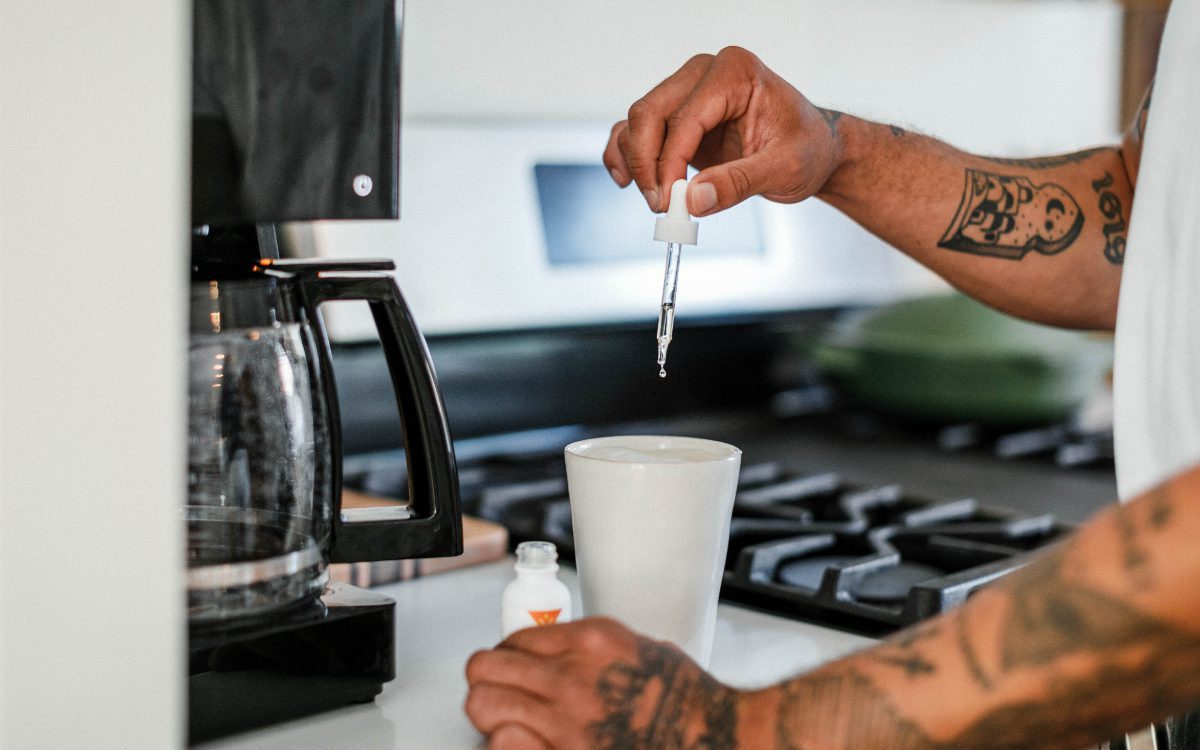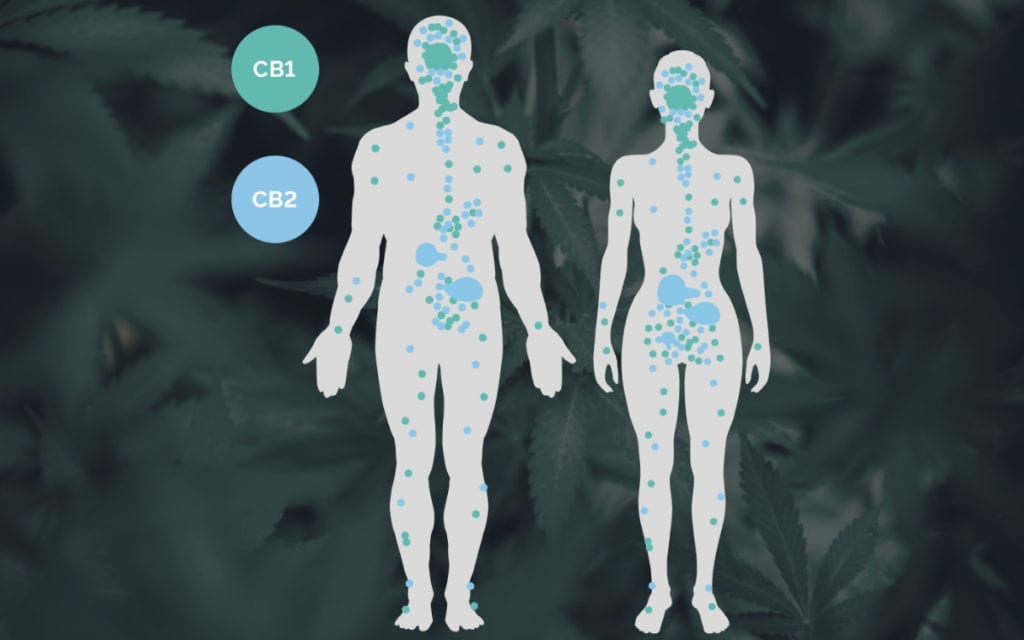Inclusive Quality Education for All
The celebration of this year’s World Autism Awareness Month 2022 is about “inclusive education” in the context of SDG 4. Sustainable Development Goal 4 or simply SDG 4 is about quality education and is among the 17 Sustainable Development Goals established by the United Nations in September 2015. These Global Goals provide a blueprint to address the world’s major challenges, including the lack of quality education.
We celebrate World Autism Month every April which begins with United Nations-sanctioned World Autism Awareness Day (WAAD) on April 2. Established in 2008, it honors the strength of those affected by the disorder. It also supports causes that increase understanding and acceptance of people with autism.
Leave No One Behind
More than 90 percent of students worldwide were impacted by the temporary closure of schools because of the pandemic. It also affects students with autism who rely on services and support provided by schools. So for 2022, the focus is to ensure equal access to all levels of education. This includes vocational training for persons with disabilities as well as building and upgrading education facilities that are disability sensitive.
What is Autism?
Autism affects an estimated 1 in every 44 children in the United States based on recent studies. It is a neurological developmental disability with a broad range of conditions. It includes challenges with social skills, communication, and repetitive behaviors.
According to research, there are multiple causes of Autism. These act together to change the most common ways people develop. Its diversity means that each person’s individual experience of autism and needs for support and services can differ.
Autism Spectrum Disorder or ASD
Autism, pervasive developmental disorder, and Asperger syndrome used to be diagnosed separately. But these conditions are now all called autism spectrum disorders.
ASD signs are often present from early childhood and can impact daily functioning. But it is also important to remember that some people without ASD might also have some of these symptoms. Some of its characteristics are as follows:
Difficulty with communication
Trouble interacting with other people
Restricted interests
Repetitive behaviors
Other symptoms that affect the ability to function in school, work, and other areas of life
How can you be more Inclusive?
As a parent or someone close to an autistic individual, it may be difficult to deal with the realization that your child or the person you know has ASD. Autism is a life-long condition and there is no known cure for it. Symptoms may also vary from each individual. People with this condition, especially children, need support from their families to overcome the challenges that come with their special needs.
These are some of the things that we can do to show our care, support, and be more inclusive:
Create a Safety Zone
A safety zone is a place where someone can feel confident, secure, and safe from outside stressors. For autistic people, it is also a space where they can have a sensory break and a place where they can safely throw tantrums if they are prone to it. Consider designating a space in your home where your child can feel calm and relaxed. You can also put some of their favorite objects like toys and blankets into their quiet zone.
Look for Nonverbal Cues
People with ASD may communicate differently. Some of them may use non-verbal cues to do so. And whether you are a family member or someone close to them, it is important to look for non-verbal cues to connect with them. Just be observant, patient, and understanding. Things to pay attention to are their facial expressions, gestures, and the sounds they make. Throwing tantrums is also another form of their communication. When they feel confused, afraid, or stressed out, autistic children may act out.
In return, you should also be more careful with how you interact with them, especially with your body language and the tone of your voice.
Pay Attention to Sensory Sensitivity
Autistic people are sometimes overly or under-sensitive to sensory information. They may have difficulties interpreting and organizing what they see, taste, touch, hear and smell. These can lead to anxiety and meltdowns. So try to figure out what sensory information triggers their negative behavior as well as their positive response. This way you can find more ways to help them overcome the challenges. It also helps you create an environment where they feel calmer and more confident.
CBD and the World Autism Awareness Month 2022
In April 2019, Colorado’s Governor Jared Polis signed a bill into law adding autism spectrum disorder to the state’s list of Medical Marijuana (MMJ) conditions. This event happened during the celebration of World Autism Awareness Day. It only shows that the world is now recognizing CBD as a potential treatment for managing this disorder’s symptoms.
Cannabidiol or CBD is one of the cannabinoid compounds present in cannabis plants. It is one of the most studied compounds for its therapeutic benefits in the human body. Unlike THC, CBD does not produce mind-altering effects. It is also well tolerated by children and teenagers with relatively low side effects.
CBD Benefits for Autism
Scientists have and continue to publish small-scale studies on treatment trials that use cannabis-based products for reducing symptoms of autism. The results are all promising and encouraging.
To start off, they saw a significant reduction in core and comorbid autism symptoms in most participants. Additionally, they observed improvements in language and restrictive interests which are core symptoms. They also found reductions in many other autism-related challenging behaviors and signs. These include aggressive and self-injuring behaviors, irritability and tantrums, sleep and cognitive functioning, sensory difficulties, and food acceptance. Feedback from parents and people using CBD to relieve symptoms of autism also backed up these studies.
Endocannabinoids and Autism
CBD’s potential to treat autism may be linked to its interaction with the endocannabinoid system or ECS. Because it binds with the receptors and works by preventing endocannabinoids from being broken down.
So what is ECS and why is it important for autism?
Endocannabinoids are produced by the human body and are part of the endocannabinoid system (ECS). They bind to the cannabinoid receptors of the brain/nervous system, various kinds of immune cells, gut lining, blood vessels, sensory receptors, skin, bone, and many others.
Endocannabinoids help with the regulation of various processes in the body such as brain function, immune and other systems, stress response, pain management, social behaviors, and many others.

Endocannabinoids interact and influence the functioning of many other receptors and signaling molecules that are important in autism. These include GABA/glutamate, oxytocin (the social attachment hormone) serotonin, and dopamine. According to studies, people with autism have very low levels of endocannabinoids. As a result, dysfunction of ECS has been proposed as one of the possible causes of autism.
CBD helps create balance in ECS. It acts as a support for the endocannabinoids and their receptors to provide a more positive effect on the human body.
Conclusion
As we celebrate the upcoming World Autism Awareness Month 2022, it is important to not just remember the resilience of those people and their families affected but also to support causes that aim to find ways in reducing or treating the symptoms of autism.





